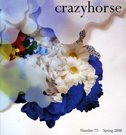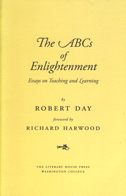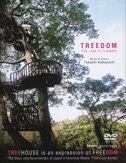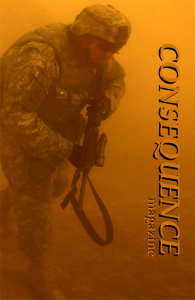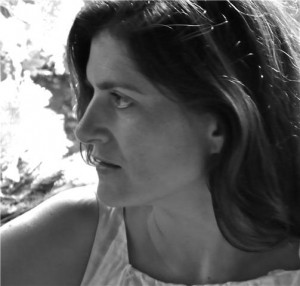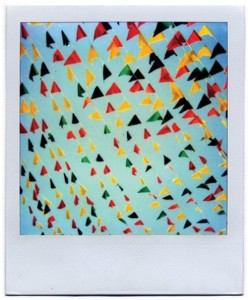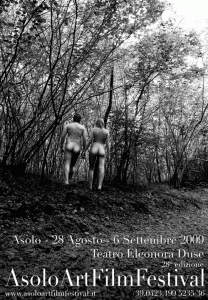*NOTE: Reposting with links to Conclave full-text. Thanks Valya.*
I ran across a couple of great editorials in the most recent issues of American Short Fiction and Conclave. Both speak the the nature of character in writing as well as, for Conclave, in photography. Below are some excerpted portions which create a kind of conversation between them.
From Editor Stacey Swann of American Short Fiction (44, Summer 2009):
Like most writers, I grew up reading books—loving the characters and their stories. But I also loved learning about the world. While I understood that Narnia was not a real place or Tom Sawyer a real person, I still invested a great deal of authority in authors: the way they viewed the world was correct on a fundamental level. This explains why studying John Keats’s “Ode on a Grecian Urn” in high school remains a vivid memory for me. It was the first time I strongly disagreed with what an author was espousing. No matter what Keats thought, no matter what my English teacher echoed, I was certain that beauty was not truth and truth was not beauty. It wasn’t just that many fundamental truths about the world were ugly; beauty wasn’t important enough to equate with truth.
It turns out that I was not alone in my distrust of this ode. In one of his critical essays, T. S. Eliot wrote that those last two lines were “a serious blemish on a beautiful poem, and the reason must be either that I fail to understand it, or that it is a statement which is untrue.” Eliot continued: “And I suppose that Keats meant something by it, however remote his truth and his beauty may have been from these words in ordinary use.”
In high school, I equated beauty with nothing more than an excessive prettiness. Beauty was something to be applied to objects, not actions. I recently realized that I had readjusted my definition of beauty, and I might now understand Keats’s meaning a little better. As I get older I see beauty in so many unexpected things. And when I think about short stories, it seems to me that most depict moments of beauty. While novels generally are about characters and large portions of their lives, short stories must value something else due to their compactness. So often, they are illuminations of an action with inherent beauty. The beauty may be sad or painful or wasted, but it is nonetheless beautiful.
Conclave, a new lit on the block, focuses on “character-driven writing and photography.” Founding Editor Valya Dudycz Lupescu discusses the selection process for their inaugural issue:
As we reviewed and narrowed the pool, the editors discussed what made the pieces character-focused. There was no rubric or list of points. Beyond obvious assessment of craftsmanship, so much of this process is subjective. How can one quantify the literature that compels us to read it?
William Faulkner once said, “It begins with a character, usually, and once he stands up on his feet and begins to move, all I can do is trot along behind him with a paper and pencil trying to keep up Tong enough to put down what he says and does.”
In a good character-driven story, the reader should be swept up into the lives of the characters, willing to trot alongside them as they tell their stories. In an excellent character-driven story, the reader is compelled to follow the characters anywhere, outside his or her comfort zone, into alien territory, or into new emotional depths. We willingly suspend all disbelief to immerse ourselves in their reality. These unforgettable characters are timeless. They reveal something about human nature that is archetypical and personal at the same time. [Full text here.]
Conclave Managing Editor Scott Markwell adds these comments to the consideration of character:
As we observe character, we also see how it changes, how people grow, stay static, or regress. . . . Character reveals the brightest and darkest places of who we are. Characters come alive when they reveal a truth, when they hold a mirror up to each of us. . . . Character comes in other interesting forms. We personify. The inanimate become real, become human, express features we see in others. We find character in metaphor and in the literalness of life’s events. We see the wisdom and ravages of age. . . . Character will change, but we hope the truth of the human experience will not. [Full text here.]
Which echoes Swann’s closing line:
Finally, returning to Keats, if these stories are about moments of beauty, there is something inextricably true about them as well. It is their truth that makes them beautiful.
[Swann’s full editorial available here.]

